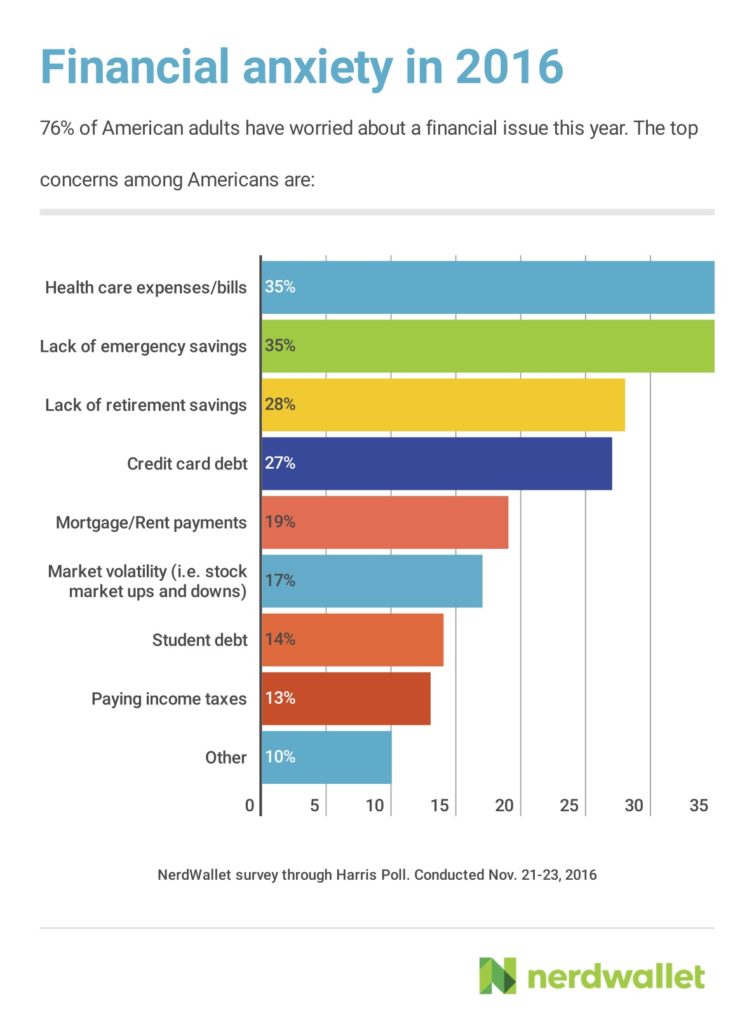The annual 2-month RRSP “season of madness” has arrived. I made my list, checked it twice so ready-set-go.
Understanding the RRSP regime makes it easier to stickhandle your planning marathon.
This workhorse has delivered on retirements since its intro in 1957, now a 60-year old boomer.
The RRSP has transformed over the years. For example, RRSP room carry forward was introduced in 1991. RRSPs really fit two groups of investors like a glove: those without employer pension plans and the self-employed.
Some investors still shun RRSP deposits. I see three solid reasons to pursue RRSP accumulations:
- Long-term, tax-deferred investment growth.
- Future withdrawals ideally at lower tax rates.
- Contributions provide immediate tax savings.
Stay focused on how the RRSP dovetails into your total game plan. The power of tax-deferred compounding really delivers.
Your RRSP mission is three-fold:
- Keep it simple.
- Treat it as a building block.
- The journey lasts a long time.
My updated RRSP playbook summarizes these seven vital planning areas:
Continue Reading…







